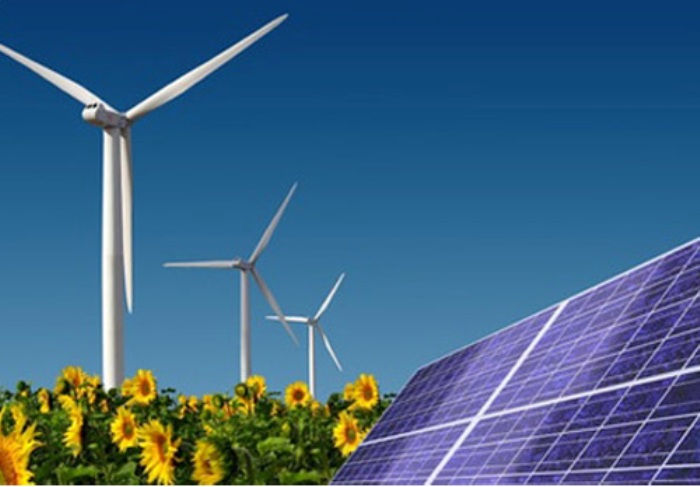Plans are underway to open a renewable energy technology training centre in Tanzania after a study enlightening that renewable energy, chiefly solar, is taking over rural parts of the country.
The director of the Innovative Technology and Energy Centre (ITEC), Dr Herb Rhee, has proclaimed plans to open a training centre for renewable energy technology in Arusha, Tanzania.
According to local media, Tanzania Standard, Dr Rhee said the renewable energy technology centre will open doors in August this year, and will have the capability to train 1,000 students annually.
Also read:Japanese renewable energy firm Koyo opens office in Tanzania
According to media, Dr Rhee affirmed that they are also setting up to construct power transmission grids for use of solar power in rural areas.
“The centre, meant at energy development, will be located at the Nelson Mandela African Institute of Science and Technology in Arusha. Also, we have opened two centers but at small-scale at Karatu and Dodoma,” he said.
Media quoted him saying that they have by now trained 300 students from different secondary schools and 200 primary and secondary school teachers in Arusha on Information and Communication Technology (ICT), to boost energy and power experts in pastoral regions.
Also remarking on the development was the founder and chief executive officer for E3 Empower, Ji-Young Rhee, who said they will utilize their technology in improving different sectors including health, entrepreneurship and education by getting rural areas through ICT.
Also read:How off-grid renewable energy can power Tanzania
“Through our project, we will be able to supply electricity to pastoral regions,” Rhee stated.
Last month, the National Bureau of Statistics and the Rural Energy Agency issued the Energy Access Situation Report, 2016 Tanzania Mainland, which showed that solar power in countryside regions is leading by almost 65% with only 34.5% of grid-connected power.
According to the report, in general electricity access (to any form of electricity) in rural areas has advanced from 6.1% in 2011 to 16.9% in 2016.
“One broad observation from this data is that more efforts are required to advance the ease of access of modern energies to rural residents in order to attain sets of energy targets by 2030 as stipulated in 2015 Energy Policy,” the report said.

